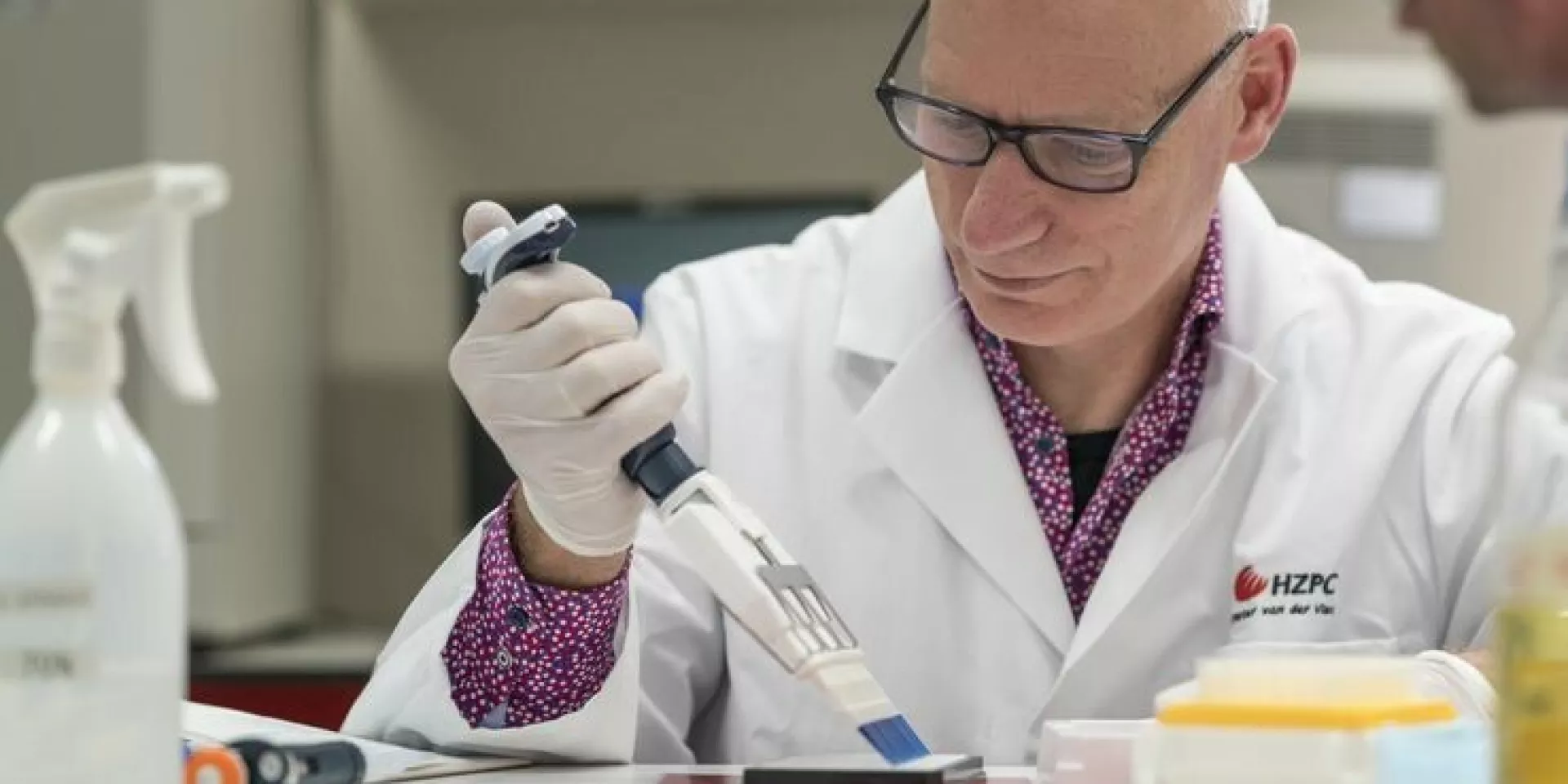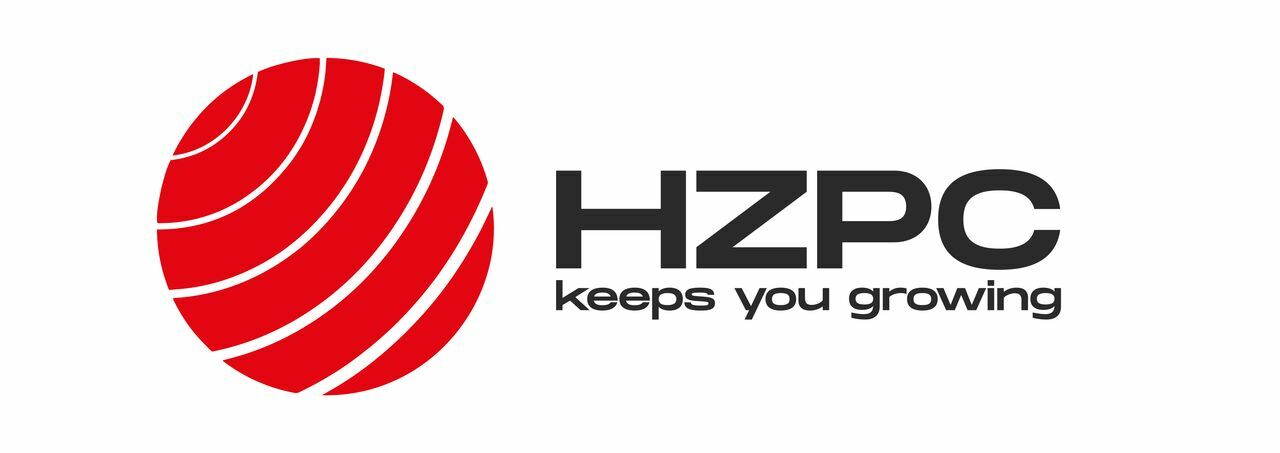
Reporting
Reporting
This whistleblower and confidentiality policy gives everyone directly associated with HZPC the platform to report (presumption of) violation of internal or external rules and regulations. It concerns fraudulent, unethical or illegal behaviour. HZPC’s whistleblower and confidentiality policy is aligned with the “Whistleblower directive” which derives from EU legislation. We consider all who are “directly associated with HZPC” (regardless of what nationality a person holds) to be subject to the scope of the directive.
We take all reports of possible misconduct seriously. Any potential violation of the Code will be investigated confidentially and thoroughly, determining whether the Code or the law has been violated and taking appropriate corrective action.
We consider the following groups to be 'directly involved with HZPC':
- Employees
- Board members
- Supervisory Board members
- Self-employed contractors
- Certificate holders
- Members of internal associations (such as College of Growers)
This policy describes the procedure of how violation of internal or external rules and regulations can be reported, so that improvement plans can be implemented and evaluated.
External or internal reporting
If you want to make a report, you have the choice of making it via external reporting or internal reporting. If you wish to make an external report (to an official body in your country of residence and therefore not via the internal HZPC route) information can be found from the government agency of the country of your residence. These authorities also provide information on how to follow up after a report is received. Do you have doubts or would you like advice? Are you unsure whether there is wrongdoing? Or are you not sure whether you want to report something or where you should go? Then you can seek information and advice (internally) from a member of the Integrity Council or one of HZPC’s Confidential councilors or externally from the official bodies in your country of residence. In The Netherlands this is: https://www.huisvoorklokkenlui....
Request for advice – whether this is done internally or externally - will be will be kept confidential.
The information below relates on how to make an internal report.
Integrity Council
Integrity Council
The Integrity Council is responsible for handling reports of irregularities in an adequate manner, a correct documentation of reports and the correct way of reporting. The Integrity Council consists of (a minimum of) five members from various HZPC entities. The Integrity Council consists of Rogelio Marti, Alain Mercier and Koenraad Witteveen.
Procedure
Procedure
1. Irregularities can be reported by everyone directly associated with HZPC, either directly to the Integrity Council or to his / her direct superior. In the last case, the superior will make anonymous report to the Integrity Council on behalf of the employee;
2. Reports may be made either in writing (by letter, e-mail or anonymously via DWP) or orally (in a personal conversation or by telephone). In the event a report is made orally, the Integrity Council member concerned will prepare a written report of the oral report. This report is submitted to the reporter for approval.
3. Reports should be made in case: a) someone believes that he/she has not been treated in accordance with the regulations as mentioned in the Code of Conduct
Explanation and specification of a): Practices which are aligned with / against the described culture, procedures and behaviour in HZPC's Code of Conduct.
Explanation and specification of b): A violation of Union law is an act or omission that is unlawful or an act that undermines the purpose and is detrimental to the public interest within one of the following domains:
- Government procurement/procedures (think e.g. improper use of subsidies);
- Financial services, products and markets, prevention of money laundering and terrorist financing;
- Product safety and product compliance;
- Transport safety;
- Protection of the environment;
- Radiation protection and nuclear safety;
- Food and feed safety; animal health and welfare;
- Public health;
- Consumer protection;
- Protection of privacy and personal data, and security of network and information systems;
- Infringements affecting the financial interests of the Union as referred to in Article 325 of the Treaty on the Functioning of the European Union;
- Violations related to the internal market (as referred to in Article 26(2) of the Treaty on the Functioning of the European Union).
Explanation and specification of c): A wrongdoing is an act or omission involving the social interest in violation of:
- a legal regulation
- a danger to public health
- a danger to the safety of persons
- a danger to the deterioration of the environment
- a danger to the proper functioning of the public service or an enterprise as a result of improper acts or omissions, not being a violation of Union law.
When can you report a (future) violation of EU law or report wrongdoing?
- If you suspect wrongdoing of social importance or if you have information about a (future) violation of EU law by the organization or an employee of the organization. A personal conflict in the workplace is not wrongdoing of social importance. Fraud, for example, is. A privacy violation is an example of a violation of EU law.
- If the suspicion or information you have is based on things you have seen or heard yourself or documents you have in your hands. It may not (only) be information that you have "hearsay"; and - If you have (had) a relationship with our organization through your work. For example, because you work(ed) for us or provide services or goods to us or because you are applying for a job or volunteering with our organization. In the regulations, we use the term "employer. But even if you are not (have been) employed by our organization, but have had a working relationship with the organization, you can therefore report. Do you suspect wrongdoing but have no knowledge of it from a work-related context? Then you cannot file a report. Do you have doubts or would you like advice? Are you unsure whether there is wrongdoing? Or are you not sure whether you want to report something or where you should go? Then you can seek information and advice from a counsellor or the internal or external confidential advisor. You can also contact the House for Whistleblowers (www.huisvoorklokkenluiders.nl) anonymously for information and advice.
4. After an irregularity has been reported the Integrity Council sends an acknowledgment of receipt within 7 days.
5. After an irregularity has been reported the Integrity Council decides whether immediate assistance, intervention or advice is needed.
6. After an irregularity has been reported, the employee (or his / her direct superior) who reported the irregularity receives a copy of the written document in which is stated what he /she has declared. This report is submitted to the reporter for approval. After approval, the document will be kept in a designated file which is accessible only to members of the Integrity Council;
7. The Integrity Council organizes a meeting where it will:
- Decide whether the reported facts should be considered as an irregularity or further confidential investigation should be started and by whom (always three members who are the furthest removed from the case);
- Decide whether it is preferable to find a solution via an informal intervention (an intervention without interference of the Executive Board);
- Make a recommendation regarding an '' intervention of improvement and/or prevention'';
- Present the written recommendation to the Executive Board; the employee (or his/her direct superior) who reported the irregularity receives a copy of this recommendation.
- Inform the Supervisory Board about the written recommendation when te reported facts concern a member of the Executive Committee.
8. The Executive Board decides whether further investigation of the reported irregularity is needed;
9. The Executive Board decides which interventions will be taken to improve the reported (or similar) irregularities and/or to prevent this (or similar) irregularities arising again in future;
10. The Executive Board informs the Integrity Council about the interventions that will be implemented. In addition, the Executive Board will:
- Present the time frame in which the intervention will be effected;
- Decide who (under the responsibility of the Executive Board) will execute the implementation of the intervention;
- Set a date on which the implemented intervention will be evaluated together with the Integrity Council after six months following the advice of the Integrity Council.
The maximum time frame in which a reporter is informed about the follow-up on the evaluations of the report, is 6 months after reporting.
Data protection and privacy
Data protection and privacy
During the process steps as above listed under 1 through 10, your identity will remain protected unless you consent to its disclosure. The identity of the person or persons about whom the report is made or who are named as witnesses in it will also remain confidential. The information you provide will be treated with care. Only those involved in the report and the investigation has access to this information.
If you become involved in an internal investigation, cooperate fully and answer all questions completely and honestly.
The fact that an employee (or someone directly involved with HZPC) has raised a concern honestly, or participated in an investigation, cannot be the basis for any adverse (employment) action including exclusion, demotion, suspension, loss of benefits, threats, harassment or discrimination. Retaliation against those who express concerns or report possible violation is a violation of the Code itself.
Compliance
Compliance
Every HZPC employee is required to report (the presumption of) irregularities.
In case this policy is not being complied, HZPC is allowed to take applicable measures.
Reports may be made either in writing (by letter, e-mail or anonymously via DWP) or orally (in a personal conversation or by telephone). In the event a report is made orally, the Integrity Council member concerned will prepare a written report of the oral report. This report is submitted to the reporter for approval.
The Integrity Council consists of (a minimum of) five members from various HZPC entities. The Integrity Council consists of Rogelio Marti, Alain Mercier and Koenraad Witteveen.
